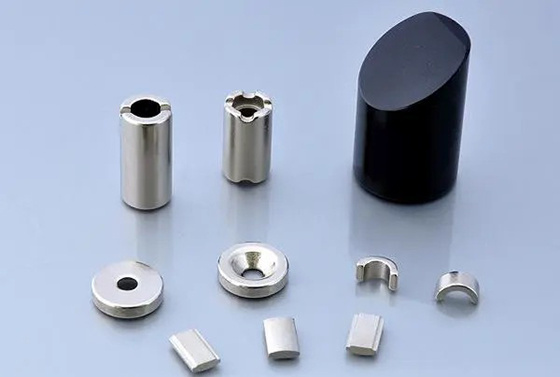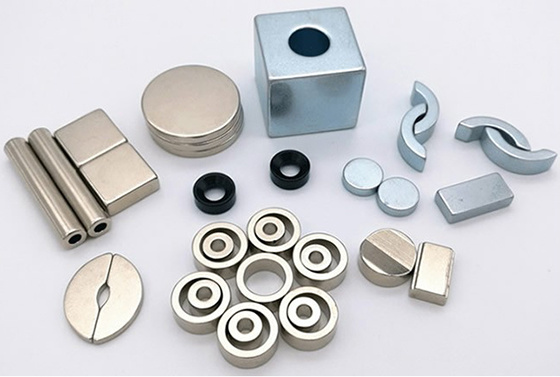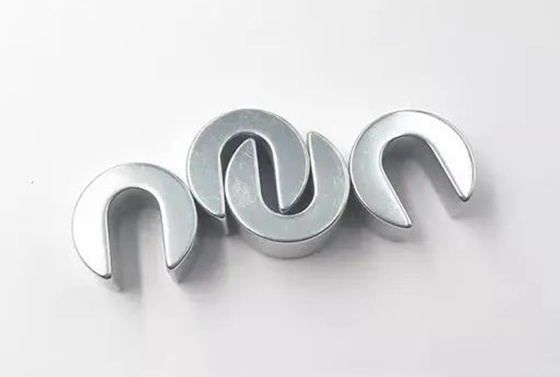How does the corrosion resistance of ferrite magnets affect their industrial applications?
2024-01-16
Ferrite magnet is a kind of magnetic material widely used in industrial fields, and its corrosion resistance has an important influence on its industrial application. The following will focus on the following aspects of the corrosion resistance of ferrite magnets on its industrial application.
First of all, ferrite magnets often need to be in contact with different kinds of liquids and gases in industrial production, such as water, acid, alkali, etc. If the corrosion resistance of the ferrite magnet is not good, it is prone to chemical reactions, resulting in surface corrosion, oxidation, degradation and other phenomena, thereby affecting its magnetic properties and service life. Therefore, the excellent corrosion resistance of ferrite magnets is of great significance for their stability and reliability in industrial applications.
Secondly, the corrosion resistance of ferrite magnets is directly related to its application range in specific environments. For example, in the field of marine engineering, ferrite magnets are often used to manufacture marine sensors, motors, hydraulic cylinders and other equipment, which need to be able to withstand the erosion of strong corrosive media such as marine salt spray and humid environment, so as to ensure the normal operation of the equipment. In the chemical industry, electronics, aerospace and other industries, ferrite magnets need to have high corrosion resistance to adapt to the harsh working environment.
Third, the corrosion resistance of ferrite magnets is also related to the choice of its manufacturing process and processing methods. Ferrite magnets with poor corrosion resistance are susceptible to corrosion and damage during manufacturing and processing, thereby increasing production costs and may cause unstable product quality. Ferrite magnets with good corrosion resistance can not only reduce production risks, but also improve product quality and market competitiveness.
Fourth, the corrosion resistance of ferrite magnets also affects its use with other materials. For example, in the automobile manufacturing process, ferrite magnets are often used in conjunction with other metal materials, such as nickel, cobalt, aluminum and other alloys. If the corrosion resistance of the ferrite magnet is not good, it is easy to have electrochemical corrosion reaction with other materials, thus affecting the interaction between the materials and the overall performance. Therefore, the ferrite magnet with good corrosion resistance plays an important role in ensuring the stability and safety of the whole system.
In summary, the corrosion resistance of ferrite magnets has an important impact on its industrial application. Ferrite magnets with good corrosion resistance can ensure stable operation in various environments and improve product quality and reliability. In addition, ferrite magnets with good corrosion resistance can also reduce manufacturing costs, improve the stability and efficiency of the production process, and enhance the market competitiveness of products. Therefore, strengthening the research and improvement of the corrosion resistance of ferrite magnets is of great significance to its industrial application.





